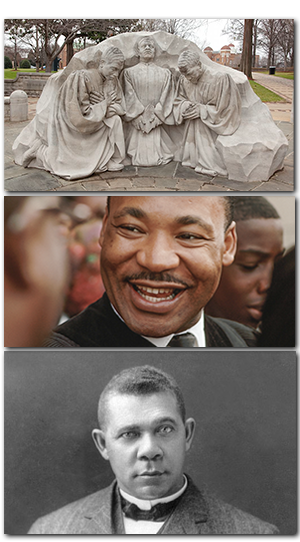About Robert J Norrell
 I am a native of Hazel Green, Alabama, near Huntsville, where I grew up on a 230-acre farm on which we grew cattle, cotton, and soybeans. I was active in the 4-H Club and the Future Farmers of America. I try not to romanticize farm life, because there was nothing romantic about all the work required—or the difficulty in working for my father. But my farm background surely influenced my imagination and enabled the protagonist of my novel Eden Rise to “appreciate the beauty of Alabama farmland—the jades and olives and emeralds among the crops and grass and leaves and of the accents of gold and ginger and bronze from the soil and trees and animals.”
I am a native of Hazel Green, Alabama, near Huntsville, where I grew up on a 230-acre farm on which we grew cattle, cotton, and soybeans. I was active in the 4-H Club and the Future Farmers of America. I try not to romanticize farm life, because there was nothing romantic about all the work required—or the difficulty in working for my father. But my farm background surely influenced my imagination and enabled the protagonist of my novel Eden Rise to “appreciate the beauty of Alabama farmland—the jades and olives and emeralds among the crops and grass and leaves and of the accents of gold and ginger and bronze from the soil and trees and animals.”
Growing up in Alabama in the 1960s, I learned by observing the intense feeling about the civil rights movement that race was the most important issue in my world. My parents often argued about race and the big personalities engaged in the current conflicts—George Wallace, Martin Luther King, Jr., and others. I took along a certain preoccupation with race when I went to the University of Virginia during the 1970s. There several professors helped me gain a much better understanding of our nation’s struggle with race. I acquired new insight into white bigotry, including my father’s, and I gained a deep admiration for the African Americans who challenged it. By my third year in college, I knew that I wanted to make a career of writing and teaching about America’s racial past.
In the 1880s and 1990s, I taught at Birmingham-Southern College and the University of Alabama in Tuscaloosa. In 1984-85, I went as a Mellon Fellow at the University of Cambridge. Since 1998, I have held the Bernadotte Schmitt Chair of Excellence at the University of Tennessee. In 2010-11, I was the Fulbright Distinguished Chair in American Studies at the University of Tuebingen, Germany.
My first book was Reaping the Whirlwind: The Civil Rights Movement in Tuskegee, which won the Robert F. Kennedy Book Award in 1986. I worked for many years on The House I Live In: Race in the American Century, an overview of American race relations, which appeared in 2005 to good reviews. My 2009 biography, Up from History: the Life of Booker T. Washington, was received nationally with acclaim.
In 2012, I published a novel, Eden Rise, the story of a privileged white college student who becomes embroiled in civil-rights conflict that divides his family, his town, and his own identity. I have continued to write historical fiction and hope to publish other novels in the coming years. I find fiction the most satisfying genre of historical writing I have attempted—and also the hardest to get published.
I have from time to time plied my writing craft on other historical subjects than race. In 1990 and 1991, I published a study of technological education and James Bowron: The Autobiography of a New South Industrialist, an annotated first-person perspective on southern economic history. During the 1990s, I wrote a series of state history textbooks for school students in Alabama, including The Alabama Journey, read by more than 100,000 fourth-graders.
In 2015, I am publishing three books. Alex Haley and the Books that Changed a Nation is a biography of the author of Roots and The Autobiography of Malcolm X, the two most widely read books of African-American history. It reflects my ongoing absorption with racial matters, as does A Scholarly Analysis of Andrew Zimmerman’s Alabama in Africa, a Major Work in Transnational History: How Ideological Commitments Corrupt Understanding (Don’t blame me for the title!). This is a critical look at one of the latest fads of historical writing that badly misconstrued the career of Booker T. Washington.
But this year I also have wandered away from race issues in Tuckeleechee Cove: Faces of the Past, a historical and anthropological study of thousands of years of life in an Appalachian community. This was the result of a contract research project with an anthropologist friend. The story just seemed to good and relevant not to make it into a book.
Posted in General Content

